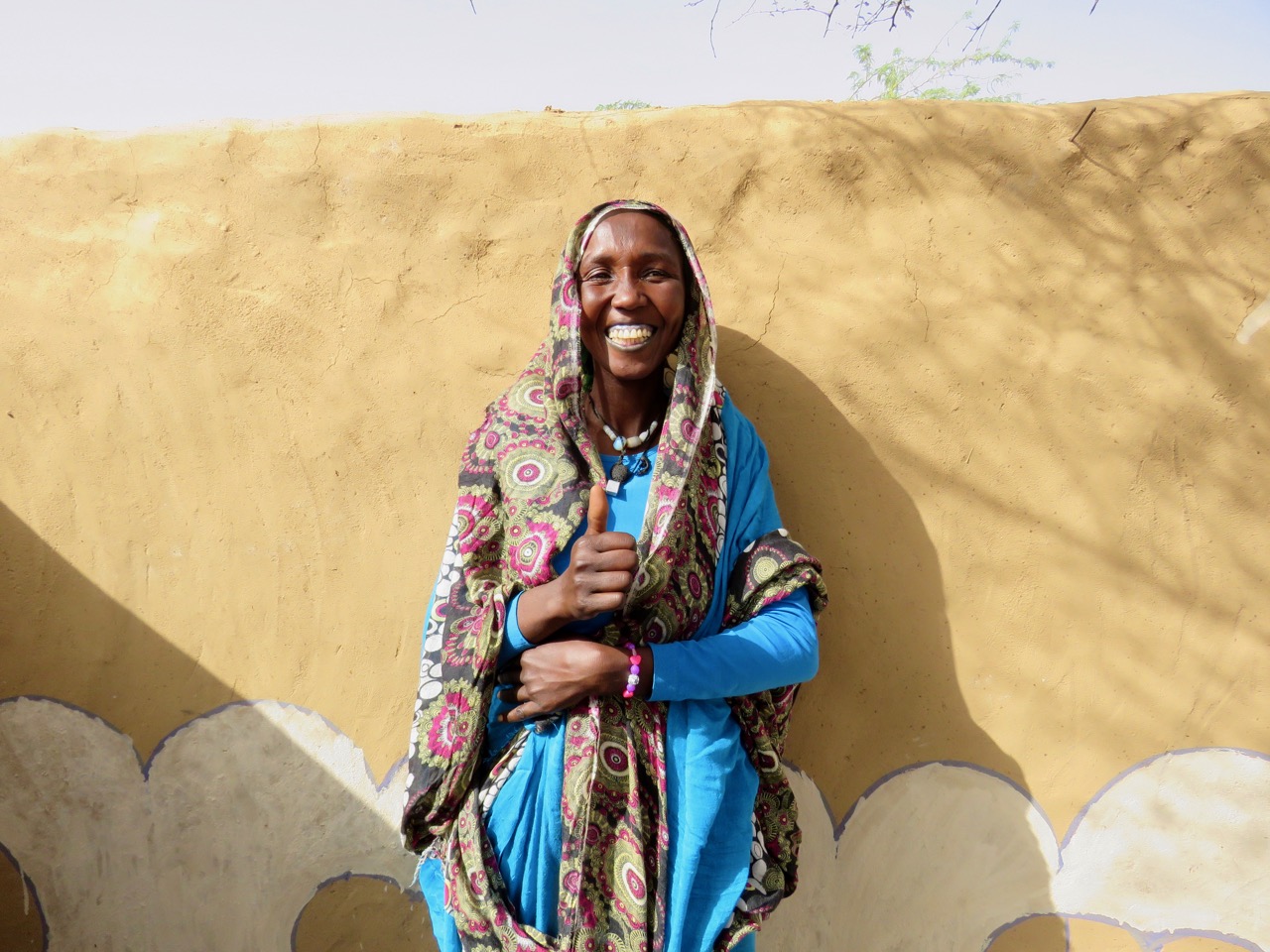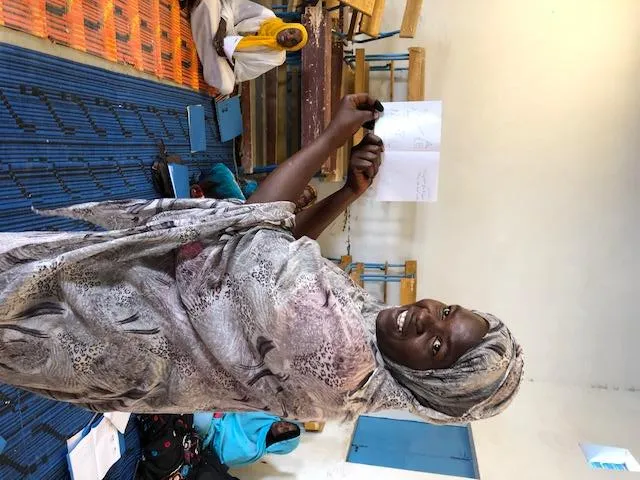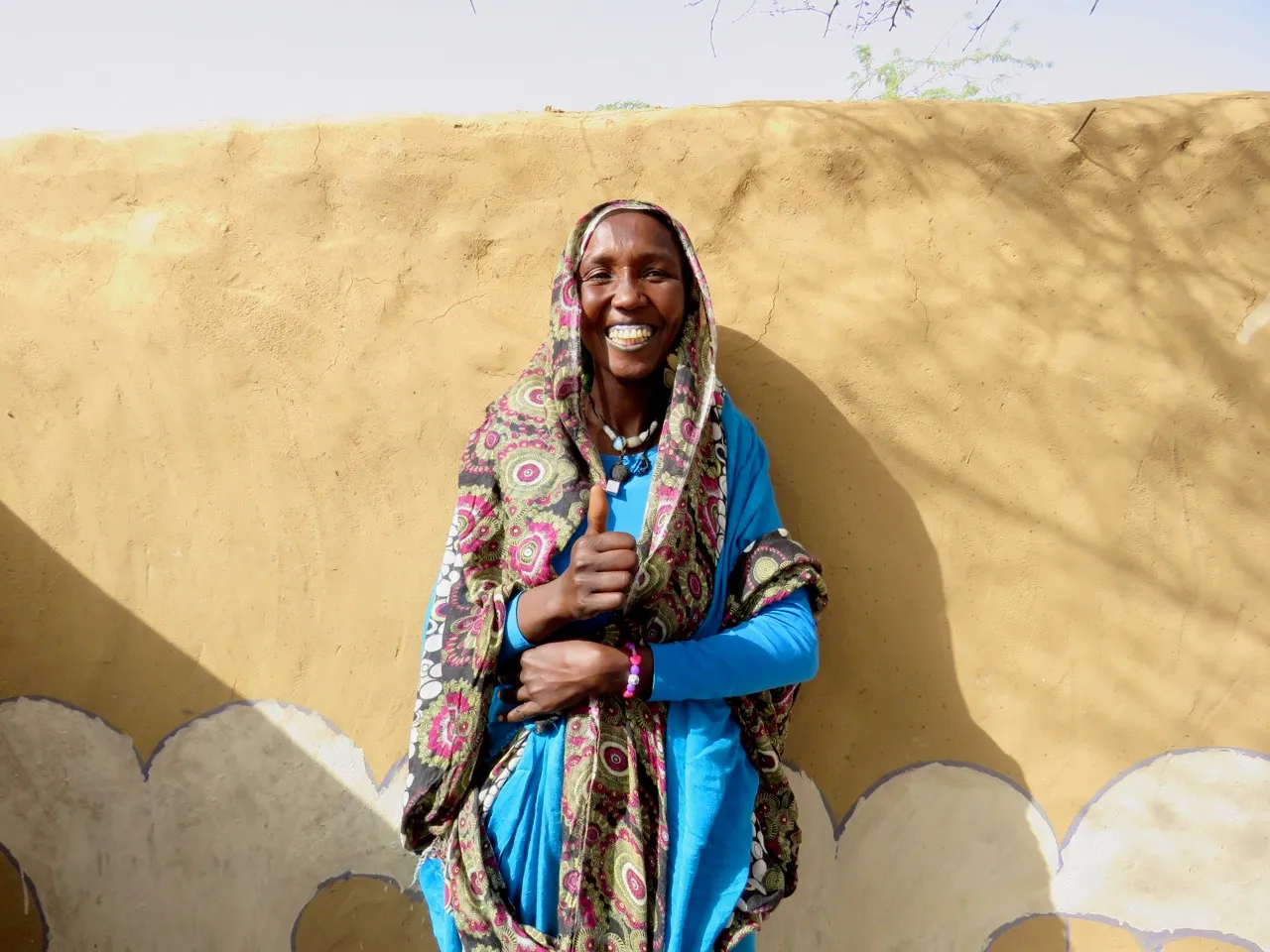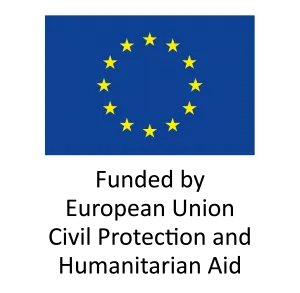Helping her community have a better future

“To help my community have a better future,” said Rashida, a 20-year-old Little Ripples teacher in refugee camp Mile, eastern Chad, when I asked her why she wanted to be an early childhood education teacher.
With facilitation from Jesuit Refugee Service and iACT, sixteen women across camps Kounoungou and Mile in eastern Chad are leading a comprehensive early childhood education program and holistically addressing the nutritional, social-emotional, and cognitive development of young children ages 3 to 5 in their community. Children at this age are at their most critical stage of growth and development and their experiences can have long-lasting effects on their future, as well as impact the future economic and social prosperity, productivity, and sustainability of whole communities.1
So far, Rashida, and her Little Ripples coworkers have completed Little Ripples Teacher Training I from iACT, and only had just a couple short months to test out their new knowledge as leaders and teachers last spring before the rainy season in eastern Chad commenced and school was complete for the year. Now, as the rainy season is coming to an end, my colleague and I will be returning to both camps in late October to conduct Little Ripples Teacher Training II and work with each group of women to reinforce the learnings from Training I.

We will also be diving deeper into why addressing the needs of children at this age is so critical and how they, the Little Ripples camp coordinators, education directors, and teachers, can help young children in their community in becoming healthier and more prepared for the years ahead. During the training, the women will further explore how to create peaceful, inclusive, and nurturing learning environments by integrating specific mindfulness and peacebuilding techniques into daily lessons, play, and transitions, ensuring teachers are not only focused on preparing their students for primary school but also investing in their whole well-being.
Little Ripples is implemented through a refugee-led model. This means that it’s the Little Ripples refugee team of camp coordinators, education directors, teachers, and cooks who implement and manage the program with limited oversight. Recently, the Little Ripples teams in each camp expressed some confusion over their roles and responsibilities, particularly around community outreach, new student registration, and the daily meal program. To address this, during Training II, iACT and JRS will also facilitate management training to support the women in clarifying their roles and responsibilities. In a classroom setting and together in a circle, we’ll take the time to facilitate a discussion that brings the women’s voices, ideas, and decisions forward—instead of telling them what to do and how to do it. This approach is more dignified, empowering, and sustainable and in other refugee communities in eastern Chad, we’ve seen it lead to increased community ownership and quality programming.

- World Bank Group, United Nations Children’s Fund, and Inter-Agency Development Bank. 2018. G20 Development Working Group: Investing in Early Childhood Development. http://www.ecdan.org/assets/background-study---early-childhood-development.pdf

Stay updated
Sign up for our newsletter to receive regular updates on resources, news, and insights like this. Don’t miss out on important information that can help you stay informed and engaged.
Explore Elrha
Learn more about our mission, the organisations we support, and the resources we provide to drive research and innovation in humanitarian response.


.png)